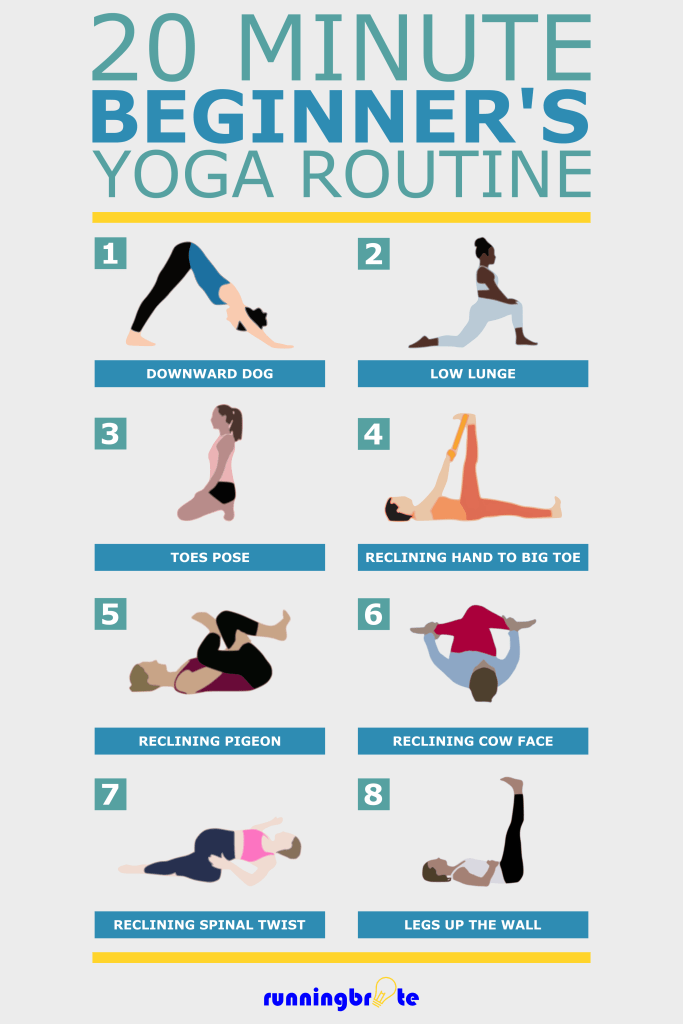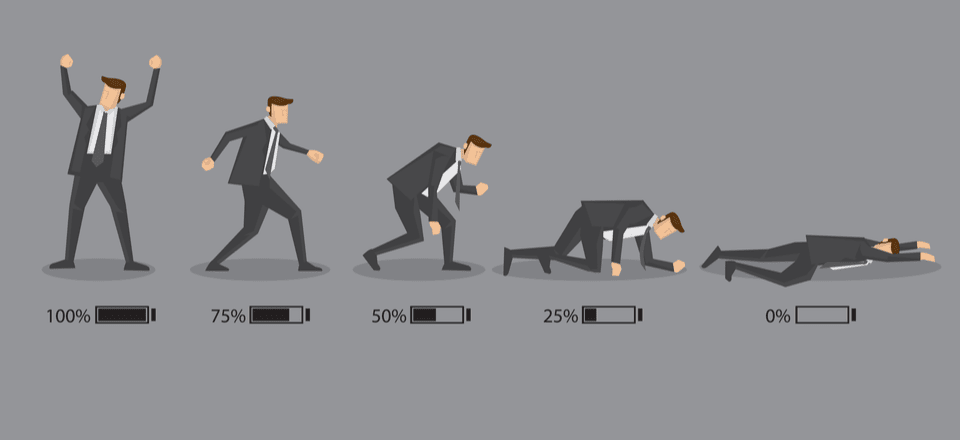
Many people want information about yoga, but don’t know where or how to start. As you can see, there are many different styles and forms of yoga. The fundamental principles of yoga have remained the same. It is a holistic practice that emphasizes connection, balance, and self-realization. And, you'll get a whole host of health benefits. Here are some suggestions to help you start your own journey towards discovering the truth.
Yoga is not a meditational position. Yoga is not about holding your breath and bending your body. It's about optimizing both your mental and physical health to live life with ease. What you do in your daily life is a reflection of how you are doing in the present moment, and it has nothing to do with any previous experiences. Yoga can be an active form of healing.

Yoga's main goal is to connect conscious and subconscious parts to the greater world. This includes breathing exercises as well as physical postures and chanting. Yoga can be a useful physiological training and can also elevate a man's consciousness into the suprahuman realm. It is crucial to know what yoga is before you start a practice. It is important to realize that yoga does not end.
Yoga is not only good for the muscles but also the heart. A Johns Hopkins study found that yoga reduces the risk of heart disease and cardiovascular disease. This is due to the fact that yoga reduces stress levels and lowers the heart rate. Because yoga isn’t highly aerobic, people with heart conditions can still practice it. You are on the right track if you are curious about yoga.
Modern physics shows that the body is constantly in constant communication with the universe. Every subatomic particle in your organism is constantly in contact with all the other parts of the world. You will die if you stop these transactions. Yoga can be described simply as a spiritual practice. It can also help improve your health. Follow the teachings of yoga gurus and you will be closer to the source.

Yoga offers many key benefits. It can help improve flexibility, alertness, and self-esteem. It can also cause insomnia and other health problems. The American Psychological Association says that yoga is a "profound and lifelong discipline." Yoga has many other benefits, including a reduction in anxiety and depression. This is why it is so important that you not only find out about yoga but also if it is right to you.
FAQ
What is the impact of mental health on our daily lives?
Everyone is affected by mental illness at one time or another. There is one major difference between people with mental illness and those without it: they don't seek out help. Talk to someone if something feels wrong. There are many options for dealing with anxiety, depression, stress, such as medication, therapy, exercise, diet and meditation.
What can you do to improve your mental health?
When we feel stressed out at work, home, school, or with our families, mental health is crucial for all of us. Exercise regularly, eat healthy meals, get enough sleep, and spend time with loved one are all ways to improve mental health. Exercise releases endorphins that make us feel happier. A healthy diet is important for our bodies to function properly. Being well-rested gives us energy to get through the day. Spending quality time with loved ones can improve our relationships and reduce stress.
Is mental health as important as work?
It is vital that everyone has a good mental health, especially those who work. Relaxing at work can make you feel more relaxed. You might try going out with friends or taking a walk outside.
If you find that you cannot relax, you should talk to your boss or supervisor. You may find solutions to your stress through them.
You should also take care of your physical well-being as well. Eat well, exercise and get enough sleep are all important.
What are some examples of mental-emotional problems?
Mental disorders include any condition that causes significant distress or impairment in functioning. Depression, anxiety, schizophrenia and borderline personality disorder are some examples of mental disorders.
What effect does mental health have on my relationships?
Your mental health can have a profound impact on your daily life. Your ability to function at work, school, home and at school can be affected. It can be difficult to build meaningful relationships due to mental health issues.
You may feel isolated when you have a mental condition. Sometimes you might avoid social situations because it feels like no one understands.
People want to be near you. They just need to know how to approach you.
If you have trouble connecting with people, it is worth talking to them about what your feelings are. Ask for their guidance and tell them how you feel.
Which 5 ways can we improve our wellbeing?
"Wellbeing" is defined as "the state that you are physically, mentally and spiritually happy." Our well-being is affected by many factors, including family, work and health. Your first step in improving well-being and your quality of life is to identify which areas need improvement. Next, change these things to improve your well-being.
Here are five ways to improve your well-being:
-
Exercise - Exercising makes you happier.
-
Sleep – Sleeping longer than 6 hours each night will reduce anxiety and stress.
-
Nutrition - Eat healthy foods, such as fruits and veggies, to boost your mood.
-
Meditation - Regular meditation reduces stress and anxiety.
-
Socialization: Spending quality time together with our families and friends makes us happy.
What causes mental health problems in adolescents
Adolescence can be a time in our lives when we are beginning to define ourselves. We discover who and where we belong as individuals.
This is a time when we make new friendships and have romantic relationships. These experiences can cause stress.
Although stress is natural, it's important to seek treatment if you are experiencing excessive stress.
Although you may think you can handle it all on your own sometimes you need someone to talk to.
Support can come from family and friends during stressful times. They can also help you learn ways to deal with stress.
You might try meditation or exercising. Both can help with stress reduction.
You could also join a church or sports team. You'll meet new people and make new friends.
Statistics
- In any given year, an estimated 18.1% (43.6 million) of U.S. adults ages 18 years or older suffered from any mental illness, and 4.2% (9.8 million) (healthypeople.gov)
- Similarly, for positive mental health, there is likely to be substantial agreement about some typical components (e.g., resilience to stress) 6, and controversy about more atypical components (e.g., career consolidation). (ncbi.nlm.nih.gov)
- More than 40 million adults in the United States have an anxiety disorder, but less than 37% of people seek mental health treatment for their symptoms. (talkspace.com)
- Neuropsychiatric diseases are the leading cause of death and disability in the U.S., accounting for 18.7 percent of all years of potential lifespan loss and premature mortality.
- According to the National Alliance of Mental Illness (NAMI), one in five Americans experiences mental health issues which translates to more than 40 million adults a year. (doctorondemand.com)
External Links
How To
Why Is Mental Health Essential, And What Steps Can You Make To Improve It
Mental health refers the state of your mind, and emotional well-being. It affects your mood, behavior, thoughts, actions, relationships, sleep, eat and work.
Everyone needs to know about mental health. Mental health is often associated with depression. Depression is a severe illness that affects millions every year.
Clinical depression is also known for its severity and requires that treatment be provided by a doctor. There are many kinds of depression.
Depression is defined by the National Institute of Mental Health as "a common disorder characterised by a depressed state that lasts for most of the day," loss of interest or pleasure in almost every activity, guilt or low selfworth, disturbed sleep and appetite, poor concentration, and thoughts of suicide.
There are many ways that people experience depression. Some may feel sad, hopeless, irritable, anxious, guilty, worthless, tired, unmotivated, and unable to concentrate. Others may feel depressed, anxious, restless, agitated or fearful. Some may feel nothing.
Depression can be treated. There are medications, psychotherapy, exercise, diet changes, and lifestyle adjustments that can help relieve symptoms. If left untreated, however, depression can cause problems at home, school, work, and in relationships.
While depression is more common among women than in men, it is also more common in boys and men. Depression is the number one cause of disability in the world for women and men between the ages of 15 and 44.